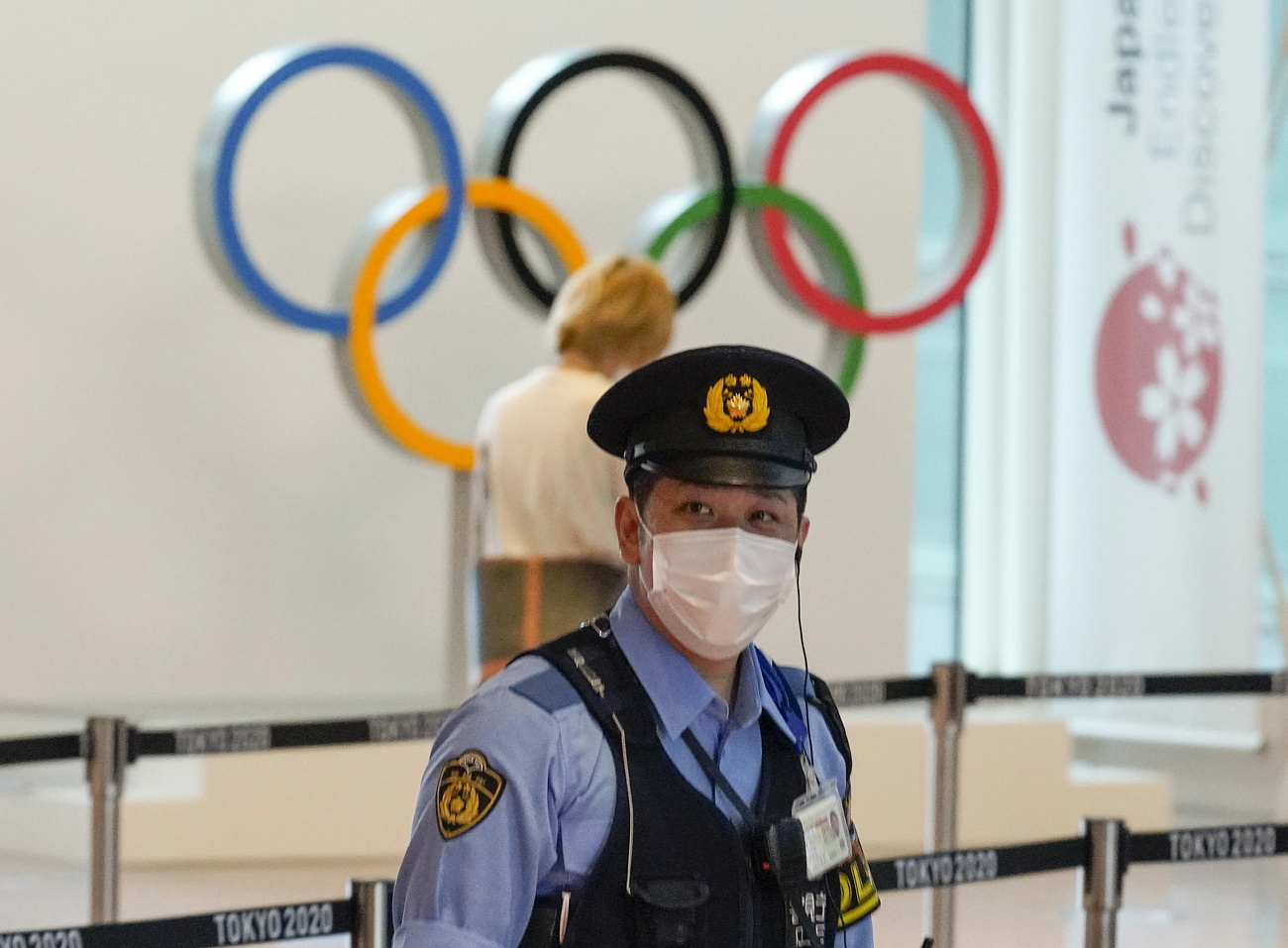
Safe Olympics is ‘number one goal’, says games director

Spectators have been banned from most Olympic events at the Tokyo Games after a fourth Covid state of emergency was declared in the Japanese capital on Thursday. Participating athletes will meanwhile face drastic safety measures, says Olympic Games Executive Director Christophe Dubi.
“The number one goal is to make the Games safe for everyone,” Dubi, a Swiss national, told Swiss public radio, RTS, on Thursday evening.
Organisers had been planning to allow up to 10,000 spectators at venues in Japan, despite fears it could lead to the Olympics becoming a super-spreader event. But on Thursday they were forced to perform a U-turn after a spike in cases of the Delta variant.
This is the latest setback to the Games, delayed by a year because of the pandemic and plagued by a series of problems, including massive budget overruns.
Dubi remains positive, however.
“The disaster scenario is the cancellation of the Games,” the Lausanne native told RTS. “Not to hold the [Games] would be inconceivable.”
80% of athletes vaccinated
Some 11,000 sportsmen and women are expected in Tokyo for the Olympic and Paralympic games. Around 80% of athletes have already been vaccinated against Covid-19. The IOC is pushing to raise that number with just less than a month to go before the start.
“What we are doing now is to contact every single National Olympic Committee and athlete and see where we can help. We continue the effort until we have contacted every single one,” said Dubi.
Two weeks before leaving for Japan, athletes will face a medical check-up and obligatory Covid tests. They will be tested again on arrival and be subject to a saliva antigen test and a PCR test every day. Physical distance hygiene measures will also be very strict. It is a question of showing “extreme caution”, said Dubi.
On Thursday, the Japanese government announced the return of a state of emergency in the capital and its surroundings from July 12 until August 22 due to the resurgence of the virus. The Games are set to take place from July 23 to August 8.
Dubi said there would be a total ban on spectators in Tokyo as well as in the three surrounding prefectures. “But for events that take place in the rest of Japan, such as cycling or football, there will be possibilities to have spectators,” he said.
Many Japanese and medical experts oppose staging the Games saying they could trigger a new wave of infections.

More
Federer to wait until after Wimbledon to decide on Tokyo Olympics

In compliance with the JTI standards
More: SWI swissinfo.ch certified by the Journalism Trust Initiative































You can find an overview of ongoing debates with our journalists here . Please join us!
If you want to start a conversation about a topic raised in this article or want to report factual errors, email us at english@swissinfo.ch.